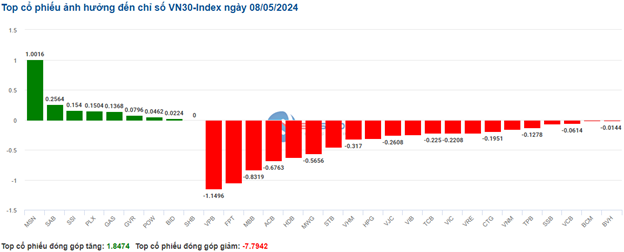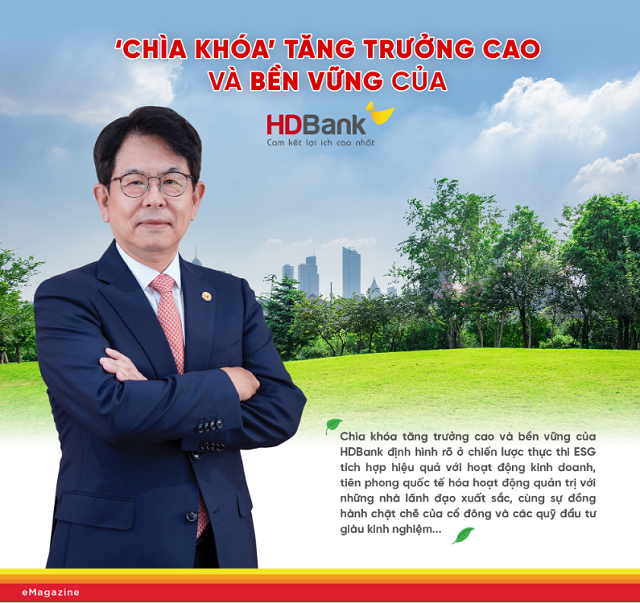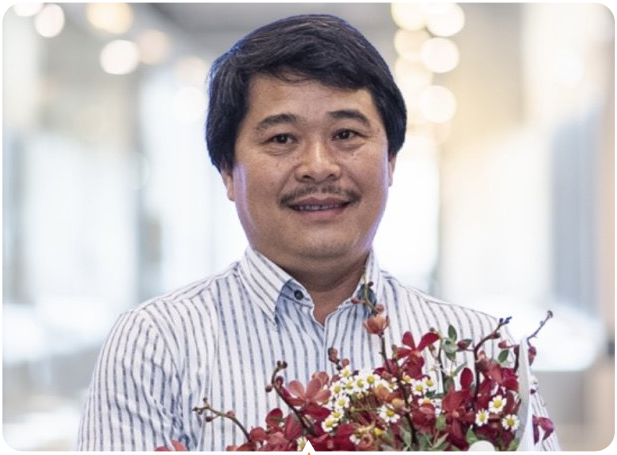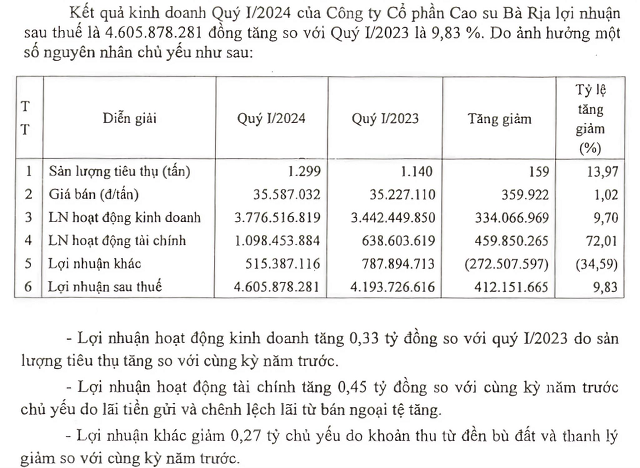“I can’t imagine living anywhere else,” says Chad Ovel, the general director of Mekong Capital, an investment fund. Having been married to a Vietnamese woman for 14 years with whom he has two daughters, he means it.
“I speak fluent Vietnamese in a business context and I communicate in Vietnamese whenever I need to. It makes business much easier here because if you speak the language, you understand the culture. Because I love Vietnam and I feel like this is really where I belong and where I want to continue to make a contribution,” is what the foreign CEO always affirms whenever he talks about his plans.
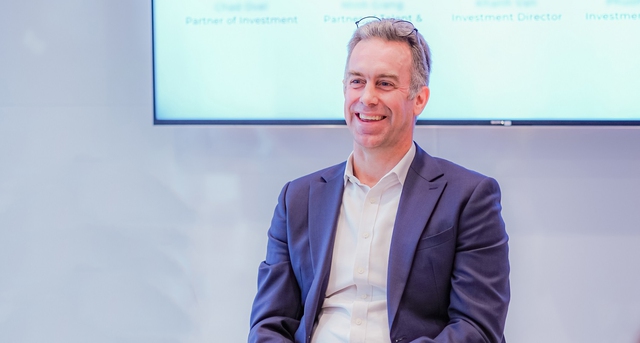
Chad Ovel – General Director of Mekong Capital
THE ALLURE OF ASIA
Ovel was first attracted to Asia in 1995 when he spent a college semester in Beijing and then travelled around China for three months. His thesis concerned international relations and economics, focusing on improving productivity in China’s centrally planned state-owned enterprises and on Beijing’s early commitment to reducing greenhouse gas emissions.
“I was fascinated by the dynamism and how different it was from where I grew up in Iowa, which was just cornfields and soybean fields. I felt this great energy and I just wanted to get back,” Ovel recalls. “I wandered down to my university’s career center – this was back in the days of paper files and paper clips. I opened a drawer and the very top file said ‘Vietnam.’”
Alumni were needed to work as analysts for a US-based investment fund with a focus on Vietnam. The group had raised $20 million in the United States and, with Vietnam’s economy then largely closed to foreign capital, they were struggling to deploy it and unable to raise more. After three months, Ovel realized it was not going anywhere.
Ovel then had the opportunity to work for WWF, a non-profit organization implementing conservation programs around the world. Ovel covered the region that included Vietnam, Laos, Cambodia, and Nepal, and was responsible for proposal writing, project design, and fundraising.
National parks were at the heart of WWF’s program, from rewriting government policy to training park rangers. One project that Ovel led played a pivotal role in shaping the next phase of his career. While helping the government achieve Forest Stewardship Council (FSC) certification for sustainable local timber harvesting operations, he received a call from ScanCom International, a Danish manufacturer of outdoor products.
“They said, ‘We hear that you’re an expert on FSC certification and sustainable forestry. We need to green our supply chain,’” Ovel says. “I ended up working for them in Ho Chi Minh City, transitioning the business from relying on illegally logged timber from Cambodia and Indonesia to 100% FSC certified. Within six years, exports rose from $15 million a year to $350 million.”
The forestry industry and timber products have evolved significantly since then. Ovel notes two major changes that made the fund’s strategy feasible: the emergence of large-scale plantation companies in the Mekong region, many of them privately owned; and the growing commitments to sustainable practices.
THE PATH TO MEKONG CAPITAL
In 2006, after six years at ScanCom, Ovel wanted to help domestic companies achieve the same growth trajectory. Ovel reached out to every private equity firm based in Ho Chi Minh City, and Chris Freund, Mekong’s founder and then sole managing director, agreed to meet. AA Corporation, a portfolio company since 2003, needed support, and Ovel became deputy CEO and then CEO.
AA Corporation – a developer that flourished under Ovel’s management – saw sales from exports increase from 10% to 50% while revenue and EBITDA grew by an average of 51% and 60% year-on-year, respectively.
Mekong exited in 2011 with a two times return on investment. Ovel was offered the position of Mekong’s second managing director shortly thereafter, but he declined, seeing that there was still much work to be done at AA Corporation before it could be handed over.
Mekong Capital is a well-known investment fund in Vietnam with successful investments such as The Gioi Di Dong, Golden Gate, Masan, Traphaco, PNJ, and VAS. Currently, their investments such as Entobel, Gene Solutions, Marou, F88, etc. still report strong growth figures on a quarterly basis.
However, in reality, Mekong Capital and its founder Chris Freund once went through an extremely difficult period. Around mid-2007, Chris Freund was almost desperate and wanted to resign from the CEO position because he thought he probably lacked the qualities of a leader. The company became disunited and underperformed. In the midst of the impasse, Chris happened to know about and registered for a 3.5-day transformational course in Singapore called Landmark Forum.
After undergoing personal enlightenment, Chris Freund began the process of restructuring Mekong Capital from the ground up.
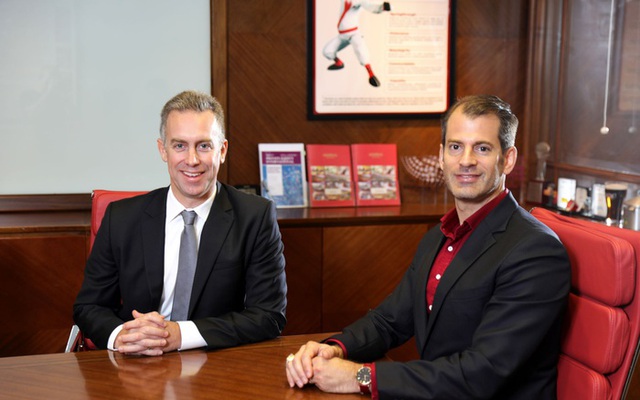
Chris Freund – Founder and CEO and Chad Ovel – CEO of Mekong Capital
“I saw the transformation myself,” says Chad Ovel. “For the first two or three years, I thought the Mekong investment professionals were hands-off. All they did was monthly board meetings and asking for reports. Then, all of a sudden, I started to see a different Mekong. Mekong developed a new language and a new approach that’s much more people-oriented and focused on management quality, corporate culture, etc. That really helped me as a CEO.”
This approach was a key factor in Ovel’s decision to join the firm in 2012, officially starting in the role six months later.
UNDERRATED INVESTMENTS
At the time, it was not only an issue that Vietnam was still emerging from an economic downturn, but also Mekong had not had many exits from its 26 investments across three funds. Investors were equally cautious, as the timing of the next fundraising would depend on performance.
“I knew the value of the portfolio, and I thought it was very much underrated by the market. I joined at an opportune time because I could see the growth potential was significant,” says Ovel. “Chris and I agreed early on that we were going to hold off on fundraising for the time being and show that we could deliver good exits.”
A turning point came in 2014 with the IPO of mobile phone retailer The Gioi Di Dong. Mekong Capital completed its exit four years later at a gross multiple of 57 times, and the casual dining chain Golden Gate was sold for 9.1 times the initial investment. The firm’s fourth fund, Mekong Enterprise Fund III (MEF III), closed on $112 million in 2016. The fund was positioned as a specialized vehicle focused exclusively on consumer companies.
MEF IV was launched in 2019 with $246 million. Ovel believes this is the right size for the fund’s strategy and the market. Mekong typically wants to be the first institutional investor in a business, with each investment ranging from $10 million to $35 million.
Mekong Capital sees opportunities as the quality of founders improves, partly driven by overseas-educated Vietnamese returning home to start businesses.
Ovel points to Gene Solutions, a genetic testing business that received $15 million in funding from Mekong in October 2021. CEO Nguyen Hoai Nghia Nguyen completed his PhD and post-doctoral training at Johns Hopkins medical school, and worked at the US National Cancer Institute before deciding to













